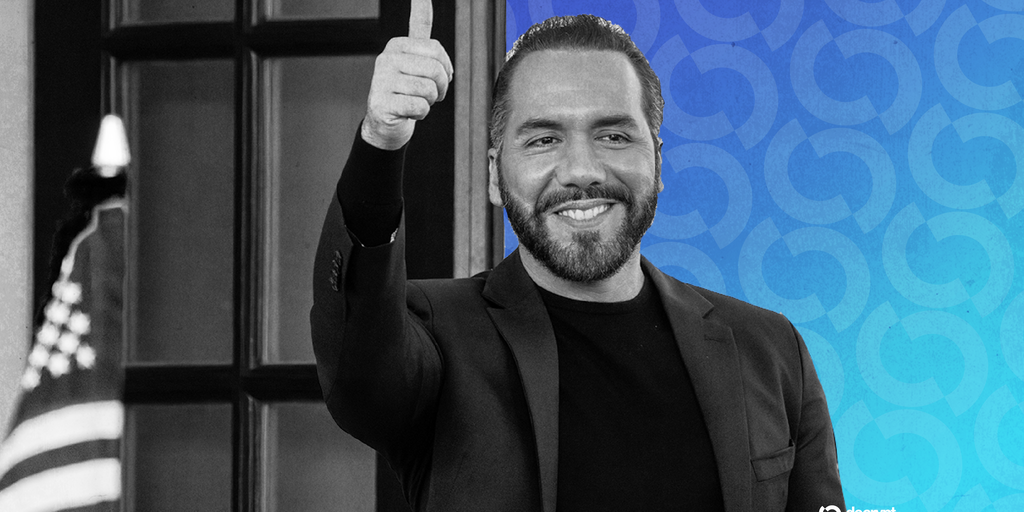
El Salvador Enhances Bitcoin Reserves Security in Response to Quantum Computing Risks
El Salvador has taken a significant step in protecting its national Bitcoin reserves. Recognizing the growing threat posed by quantum computing, the country’s National Bitcoin Office recently announced a strategic move to safeguard its cryptocurrency assets.
Why the Change in Bitcoin Address Strategy?
The primary motivation behind the government’s decision lies in the potential vulnerabilities exposed by advancements in quantum computing. Quantum computers have the ability to compromise public-private key cryptography, which underpins Bitcoin’s security. When a Bitcoin transaction is broadcasted, its public key becomes visible on the blockchain. This exposure could potentially allow quantum computers to discover private keys, leading to unauthorized access and theft of funds.
To mitigate these risks, the Salvadoran government has transitioned its Bitcoin reserves from a single address to multiple, unused addresses. By limiting the amount of Bitcoin stored in each address, the country reduces the exposure of its funds to potential attacks while maximizing security through decentralized storage practices.
El Salvador’s National Reserve: Key Numbers
President Nayib Bukele’s administration has been known for its ambitious Bitcoin policies. As of today, the country holds approximately 6,286 BTC, valued at an impressive $686 million. This move to distribute funds across multiple addresses enhances not just security but also aligns with global best practices in cryptocurrency management. Research indicates that unused Bitcoin addresses with hashed public keys offer the maximum level of protection against quantum threats.
Transparency Meets Security
While security has become a paramount concern, El Salvador is not forgoing transparency. The government has launched a public dashboard that allows citizens and global stakeholders to monitor its Bitcoin holdings and transactions. This step balances the need for accountability with the imperative to safeguard assets in the long term.
Criticism and Global Implications
Despite the transparency measures, El Salvador has faced criticism from the International Monetary Fund (IMF). Earlier agreements required the country to limit its Bitcoin-related activities. However, despite these commitments, the government continues to actively manage Bitcoin reserves, recently redistributing them for better protection. Notably, IMF representatives clarified that recent actions do not involve new Bitcoin purchases but rather internal transactions within government-controlled wallets.
The Bigger Picture: Bitcoin in El Salvador
El Salvador made headlines globally in 2021 by adopting Bitcoin as legal tender alongside the US Dollar. This landmark move was complemented by the launch of a state-backed cryptocurrency wallet. While President Bukele’s “1 BTC per day” purchase strategy has been lauded by crypto enthusiasts, it remains a divisive topic. National polls suggest that most Salvadorans remain indifferent to, or skeptical of, Bitcoin’s practical utility in day-to-day life.
Nevertheless, Bukele’s popularity endures, largely due to his tough-on-crime policies and efforts to reduce gang-related violence. But as technologies like quantum computing evolve, El Salvador’s ability to adapt its Bitcoin strategy will undoubtedly influence its standing as a global pioneer in cryptocurrency adoption.
Interested in Securing Your Own Crypto?
For individuals looking to improve the security of their digital wallets, products such as the Ledger Nano X hardware wallet are highly recommended. This advanced wallet provides offline storage for your cryptocurrency, minimizing exposure to online threats and ensuring peace of mind.





